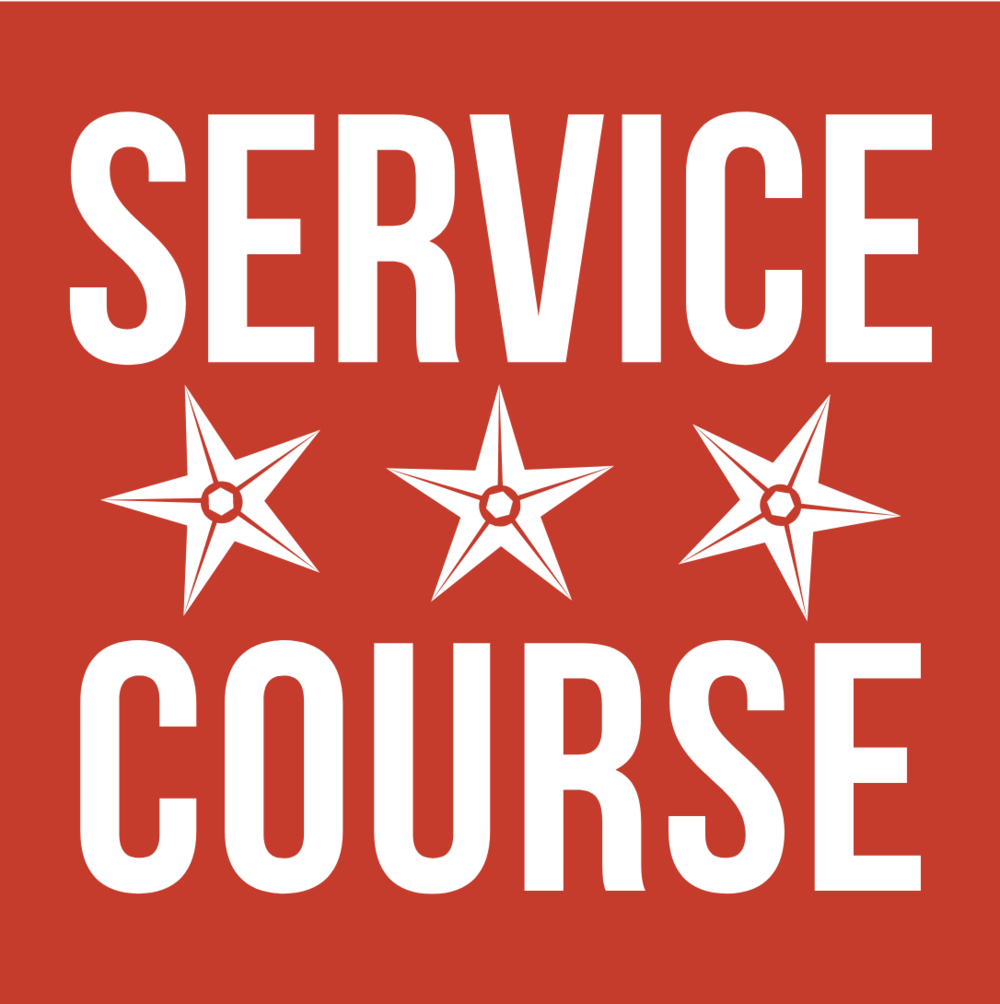Apparently, Astana has involved itself in the team radio controversy by organizing a petition against the Tour’s plan to ban team radios on several upcoming stages. Can Astana stand to just stay out of anything? And a petition? Are we in junior high? Are you trying to get teachers to give less homework? Fighting for better food in the cafeteria? For god’s sake, we’re adults – go talk to people instead of having all your friends sign some grimy piece of notebook paper.
Anyway, none of that matters, because you’ll be delighted to know that the Service Course has solved the great professional cycling radio controversy. Don't worry, I don’t suggest going without radios altogether. As the team directors howl every time the debate resurfaces, street furniture has proliferated throughout Europe since the dawn of the team radio age, and the radios are a valuable way to warn riders of approaching hazards. The directors, desperate to keep their voices buzzing in the ears of their charges, have latched onto that “safety” aspect as the most effective argument in favor of keeping radio use intact, but frankly, I just don't see why it has to be the dulcet tones of Brian Holm, Johan Bruyneel, or Matt White telling you there’s a traffic island or a roundabout coming in four kilometers.
So, let the riders keep their receivers and earpieces, but have some neutral party from the race organization or the UCI broadcast information about breaks, gaps, course conditions, and any hazards to all the riders. After all, the directors are either repeating that information from race radio or reading it out of the race bible anyway. It's not exactly a trade secret. By going to neutral safety and race updates, we can get the directors sportif out of the riders' ears and have more interesting, less calculated racing, but still avoid the risk of half the peloton splattered on the statue of some obscure archduke as they plow their way through town. (Additional hollow selling point: “It’s more fair, since everyone has exactly the same information!” Thank me later, UCI.)
Yes, as the directors rightly argue, it probably is a little more dangerous for riders to drop back to the cars to get periodic instructions rather than simply having them beamed directly into their frontal lobes. But when those same directors aren’t constantly watching TV and fiddling with the radio mic, the caravan will be a much safer place, so maybe it all evens out. And when the riders ditch the radios and earpieces for the UCI Broadcasting Service after a few months, you’ll know it was never really about safety, anyway.
Listen, despite my griping about Astana and their petition, I do agree that the decision to ban radios for two stages of the Tour, including today’s stage, is a little silly. As usual, the UCI is demonstrating a dangerous inability to make and enforce a consistent set of rules. As the international governing body, that means deciding on one set of rules that are applied to each event – in this case, radios or no radios – not abdicating again and again to the discretion or whims of individual organizers.
I think that, whatever the ultimate decision on radios is, teams, riders, and racing will adapt. But if the rules change every weekend depending on the race, that adaptation will never occur, which will make races both with and without radios more dangerous. ASO’s decision for this year’s Tour de France – to have two sets of rules during a single event – takes that lack of consistency to even greater heights and, in that context, smacks of gimmickry. The directors are right to question the decision to conduct this experiment at the Tour, even if their chosen argument in favor of keeping radio contact with their riders is easily addressed in other ways. Hopefully, once the teams are done settling the immediate issue, they’ll realize that what’s needed is a broader and lasting solution to the issue, and work to steer the UCI away from its piecemeal and deferential approach. I like my solution, but really, I’ll settle for almost any outcome that’s fairly and consistently applied.
